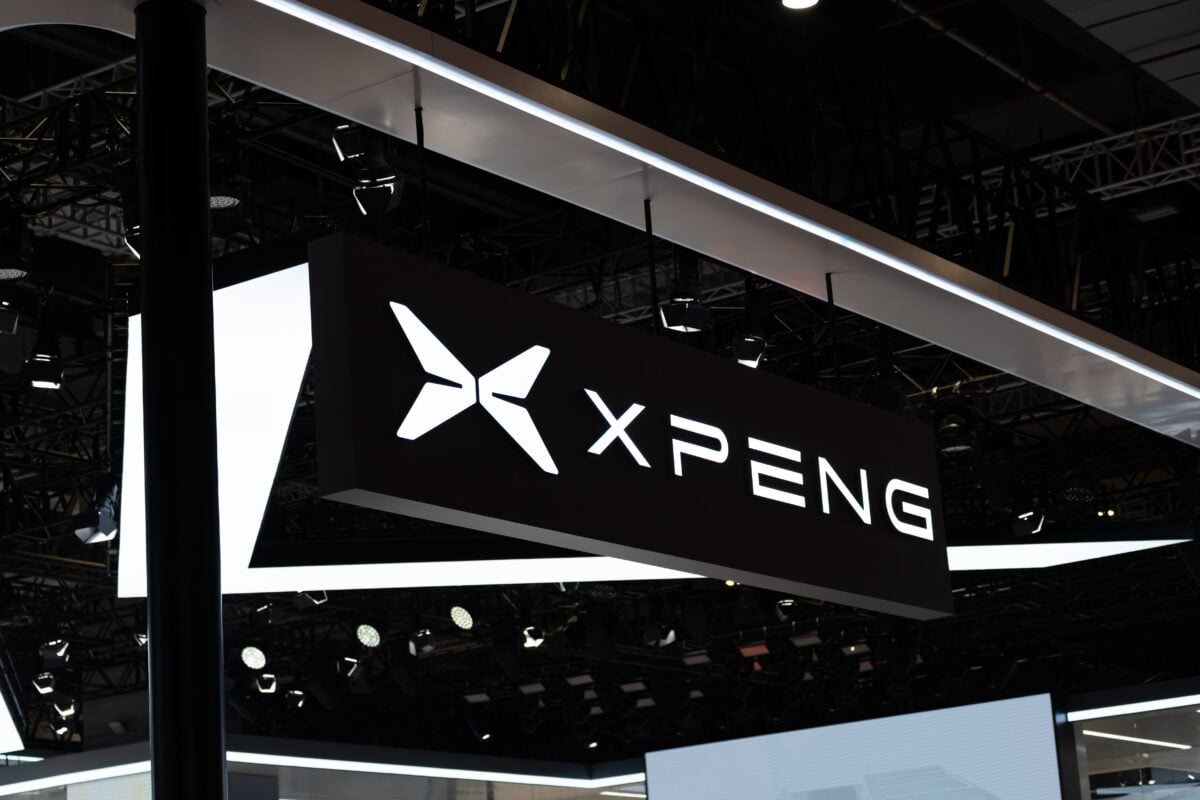
Xpeng’s Bold Steps Towards the Future of Autonomous Technology
At its recent AI Day event in Guangzhou, Xpeng made groundbreaking announcements that have captured global attention. The electric vehicle manufacturer revealed plans to launch three cutting-edge robotaxi models and mass-produce their second-generation humanoid robot by the end of 2026.
Alibaba Collaboration and Robotaxi Service Expansion
Xpeng has partnered with Alibaba to distribute its upcoming robotaxi services. This partnership leverages Alibaba’s AutoNavi mapping division and Amaps application to deploy services beginning in Guangzhou next year, with plans to expand to additional Chinese cities in 2026. By integrating advanced autonomous technologies, Xpeng’s robotaxis aim to rival competitors like Baidu, Pony.ai, and WeRide in the evolving Chinese ride-hailing market.
Each robotaxi will be powered by Xpeng’s in-house Turing AI chips, offering an unparalleled 3,000 TOPS computing power for Level 4 autonomous driving capabilities. This development is accelerated by rapid advancements in AI technology and computing, which prompted the company to slash its previously estimated 5-year timeline by more than half.
Humanoid Robots: Revolutionizing Assistance Roles
The event also showcased Xpeng’s ambitions in robotics. Their second-generation Iron humanoid robot is designed with versatility in mind, running on three proprietary Turing chips and a solid-state battery. By late 2026, the humanoid robot is set for mass production, primarily targeting roles such as tour guides, sales assistants, and office building support staff.
While Xpeng CEO He Xiaopeng remains optimistic about a surge in robot sales surpassing vehicles within the next decade, initial deployments are set for controlled environments, including Xpeng’s own facilities.
Navigating Future Expansion Challenges
However, global expansion efforts for both robotaxis and humanoid robots will likely face regulatory and logistical hurdles. Despite this, Xpeng’s innovative steps highlight their intent to redefine urban mobility and day-to-day assistance through robotics and AI, rivaling industry leaders like Tesla and Baidu.
Where Technology Meets Vision
As Xpeng spearheads this shift in mobility and artificial intelligence, 2026 marks a transformative year to watch. The company’s integration of advanced AI chips, collaboration with Alibaba, and bold ventures into robotics underline its growing influence in shaping autonomous future technologies.
If you’re fascinated by autonomous technology and its applications, don’t miss Xpeng’s official website for updates on their innovative products and services.






